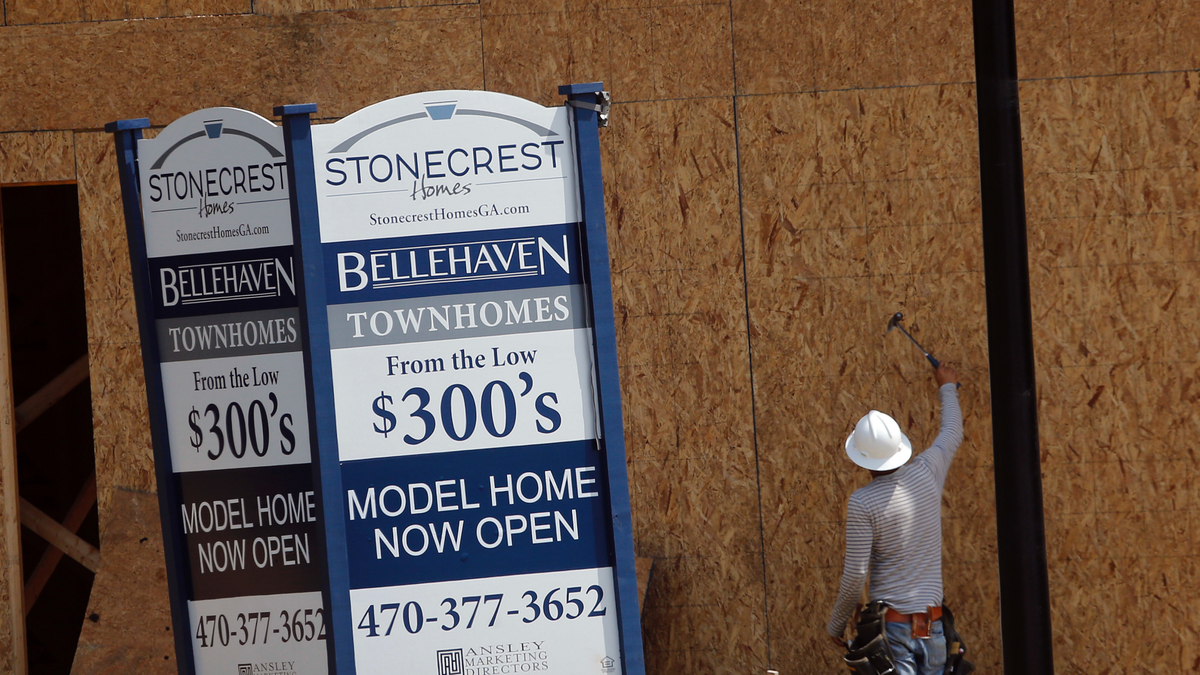
WASHINGTON – U.S. home prices climbed a robust 6.2 percent from a year ago, amid strong demand from would-be buyers and a shrinking supply of properties for sale.
Standard & Poor's said Tuesday that its S&P CoreLogic Case-Shiller national home price index stood in October a solid 6 percent above its previous 2006 peak. Prices are rising at more than double the pace of wage growth, creating some affordability pressures that have been offset by relatively low mortgage rates. Metro areas with booming job markets and the steepest home price gains could see more residents staying as renters.
"Since home prices are rising faster than wages, salaries, and inflation, some areas could see potential home buyers compelled to look at renting," said David M. Blitzer, managing director and chairman of the index committee at S&P Dow Jones Indices.
The strongest annual gains occurred in Seattle, where prices have shot up 12.7 percent since October 2015. Las Vegas has seen prices increase 10.2 percent, while San Diego notched growth of 8.1 percent. Of the 20 metro areas tracked by the index, Washington, DC reported the smallest price gain with 3.1 percent.
As the economy has steadily recovered from the 2008 financial crisis, demand from would-be buyers has steadily improved. The 17-year low unemployment rate of 4.1 percent has left more Americans confident enough to put bids on homes. Sales of existing homes in November reached their strongest pace since December 2006, according to the National Association of Realtors. But the sales growth hasn't compelled more people to list their homes for sale, as the number of properties on the market has tumbled nearly 10 percent in the past 12 months.
Mortgage giant Freddie Mac said last week that the rate on 30-year fixed-rate mortgages averaged 3.94 percent, down from 4.30 percent a year ago.

